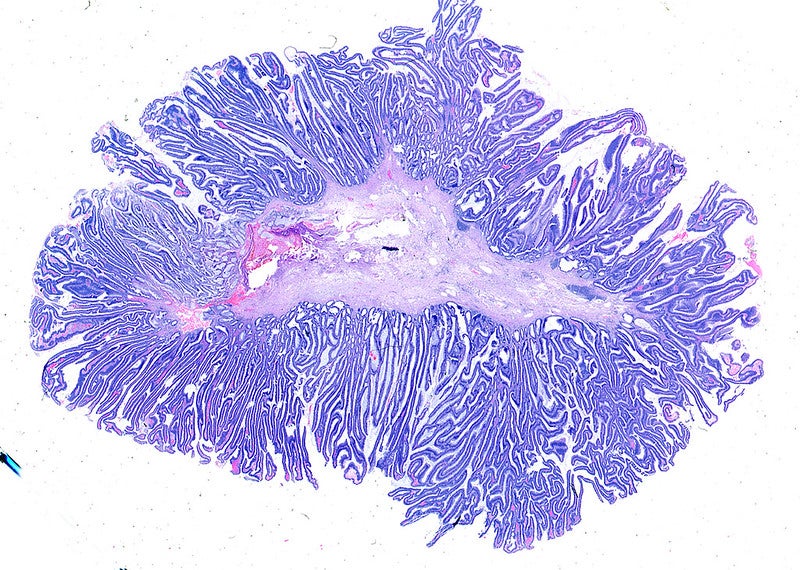
Celyad Oncology has decided to voluntarily halt the Phase Ib clinical trial of chimeric antigen receptor T cell (CAR T) therapy CYAD-101, to treat refractory metastatic colorectal cancer patients.
Named CYAD-101-002 (KEYNOTE-B79), the trial is part of a partnership with Merck Sharp & Dohme (MSD), through a subsidiary.

Discover B2B Marketing That Performs
Combine business intelligence and editorial excellence to reach engaged professionals across 36 leading media platforms.
The trial is assessing Celyad’s TCR Inhibitory Molecule (TIM)-based allogeneic NKG2D CAR T cell investigational therapy CYAD-101 given along with FOLFOX chemotherapy and subsequently by Keytruda (pembrolizumab), in refractory metastatic colorectal cancer patients.
The move comes after Celyad obtained reports of two fatalities with comparable pulmonary findings.
To assess these events, the company will voluntarily halt subject dosing and enrolment in the CYAD-101-002 trial.
At present, it is studying these reports and analysing any similar events in other subjects who received the treatment in the trial.

US Tariffs are shifting - will you react or anticipate?
Don’t let policy changes catch you off guard. Stay proactive with real-time data and expert analysis.
By GlobalDataFurthermore, Celyad is notifying the regulatory authorities on the development, which could necessitate further actions of the company.
The company anticipates providing further trial updates soon.
Celyad Oncology CEO Filippo Petti said: “Our primary commitment is to maintain patient safety, which is why we decided to place the trial on hold while we investigate these events.
“In 25 patients previously treated with CYAD-101 in the alloSHRINK Phase I trial, which evaluated the TIM-based investigational candidate for the treatment of advanced mCRC, no-dose limiting toxicities were reported.
“Lastly, we anticipate no impact on our shRNA-based candidates, including CYAD-211 currently under investigation for the treatment of multiple myeloma.”
In December last year, the company dosed the first subject in the Phase Ib trial of CYAD-101.





